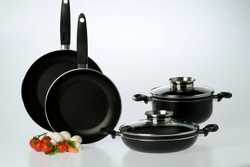- Stage type: Single
- Power type: Gas
- Weight: 95 pounds
- Number of speeds: 1
- Maximum throwing distance: Not listed
- Price on publish: $549
Best Snow Blowers for Showing That Icy Blizzard Who’s Boss
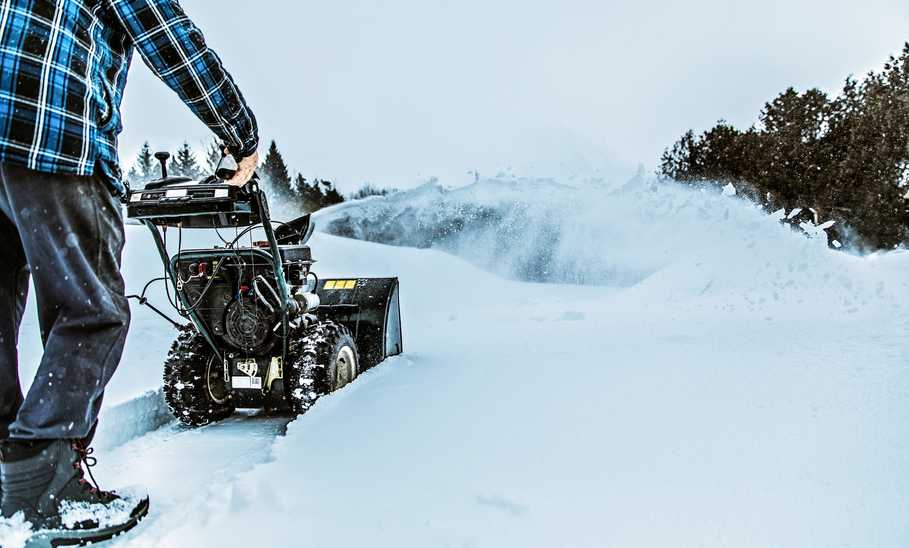
Our evaluations and opinions are not influenced by our advertising relationships, but we may earn a commission from our partners’ links. This content is created by TIME Stamped, under TIME’s direction and produced in accordance with TIME’s editorial guidelines and overseen by TIME’s editorial staff. Learn more about it.
A few years back, a particularly heavy snow storm hit my area of New Jersey. That night, watching the snow pile up in drifts so high they covered most of my first floor windows, I optimistically went downstairs and charged the battery for my small, electric snow blower. The next morning, I opened the front door, shoved the snow blower out, and watched as it immediately buried itself up to the handle.
I had to get the shovel to dig it out, then spent the next several hours ruining my back as I uncovered the driveway and sidewalk by hand. It was not a coincidence when, a few months later, I made the decision to accept a new job and moved to southern California.
I’m now back on the east coast, and while the snow’s been fairly light so far, I know it’s only a matter of time before something like that happens again. If you’re in the same boat, take a look at my picks for the best snow blowers out there, and save yourself the (literal and metaphorical) pain of shoveling.

Grab your winter boots and extreme cold jacket, because it’s time to get started. Since snow blowers can be expensive, we’re opening with a more wallet-friendly option: The Craftsman SB230. While there are, admittedly, some slightly cheaper models from the same brand, the SB230’s push-button electric start shoots it to the top of the list of budget models. Effective for light to moderate snow on paved surfaces, it’s certainly cheaper than getting your back fixed.
An affordable, easy-to-start gas snow blower that lacks the power of high-end models, but gets smaller jobs done easily.
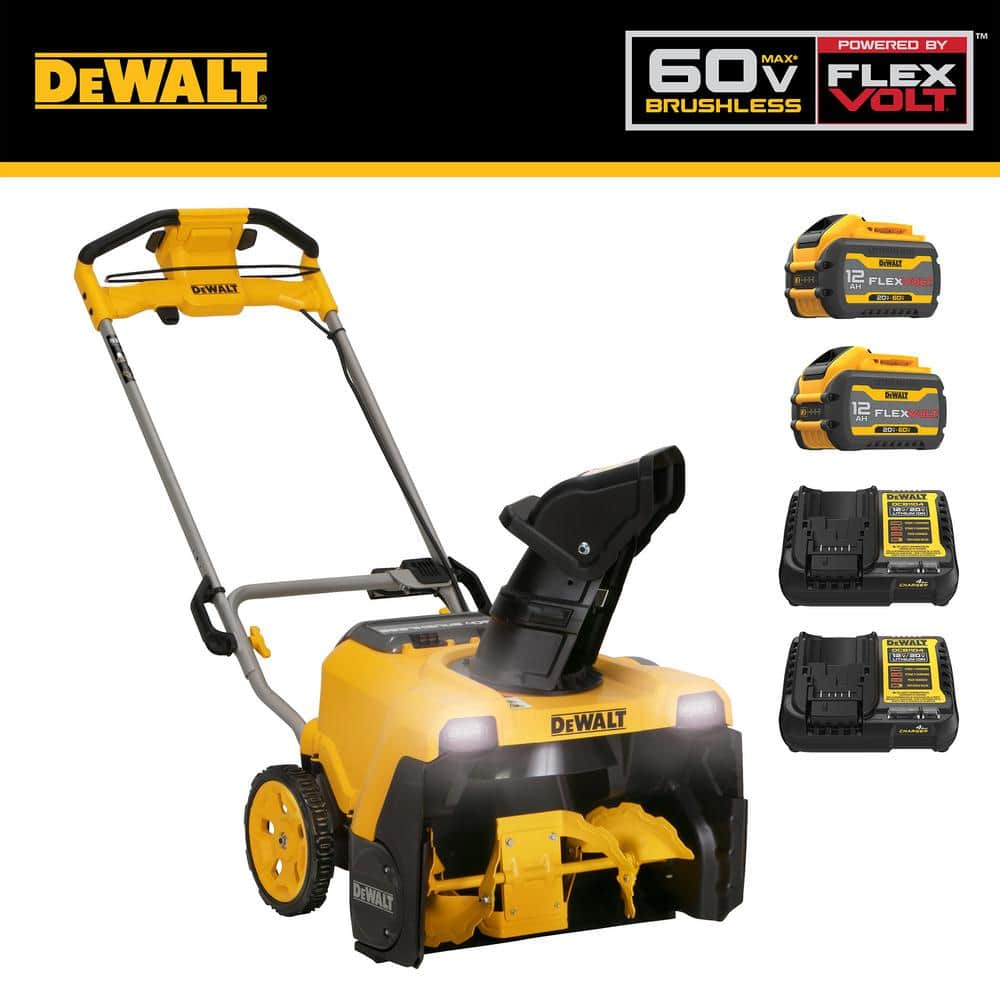
For those looking to avoid dealing with a noisy gas engine, battery power is the way to go, provided you’re not expecting to tackle anything too Arctic. This single-stage snowblower is powered by two 4Ah batteries, has three selectable power modes, an intuitive LED dashboard, and two-way electric chute control, allowing you to change chute direction without letting go of the controls.
A quiet, convenient battery-powered snow blower for small to medium jobs, at any time of the day.

A gas powered blower is going to be more appropriate for your needs if you have a large property, or live in an area with regular heavy snowfall. Troy-Bilt’s Arctic Storm 3410 XP is my pick, featuring a 34-inch clearing width, a durable steel chute, headlights, 14-inch augers and impellers, a large 420cc engine, and an electric four-way chute control joystick.
A beast of a gas-powered snow blower that can handle up to 18 inches of snow.

It’s one thing to blast fresh powder snow from your driveway, but the wet, heavy stuff is another matter entirely. For a snow blower that can handle that level of slush, try Ariens’ Classic. It’s simple to assemble, self-propelling, and capable of tackling at least a foot of thick, heavy snow. It’s also easy to maneuver and operate.
A powerful, sturdy, and reliable gas snow blower for tackling wet, heavy snow.
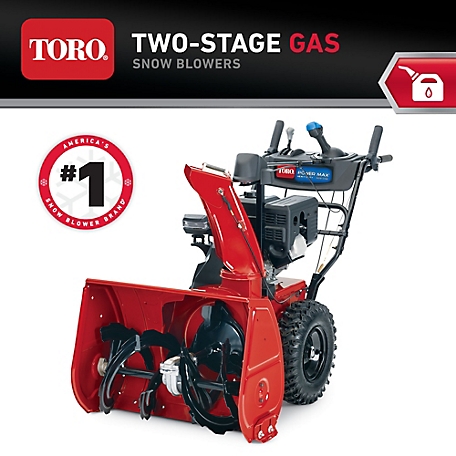
While, technically, any powerful snow blower will be able to tackle a long driveway, certain features make it easier, such as being self-propelled and having a large clearing width. These are two aspects comfortably covered by Toro’s Power Max HD, which also boasts auto-turn, a large intake with anti-clog technology, and an LED headlight.
An easy-to-push gas snow blower with a 28-inch clearing width, meaning fewer passes at the driveway.
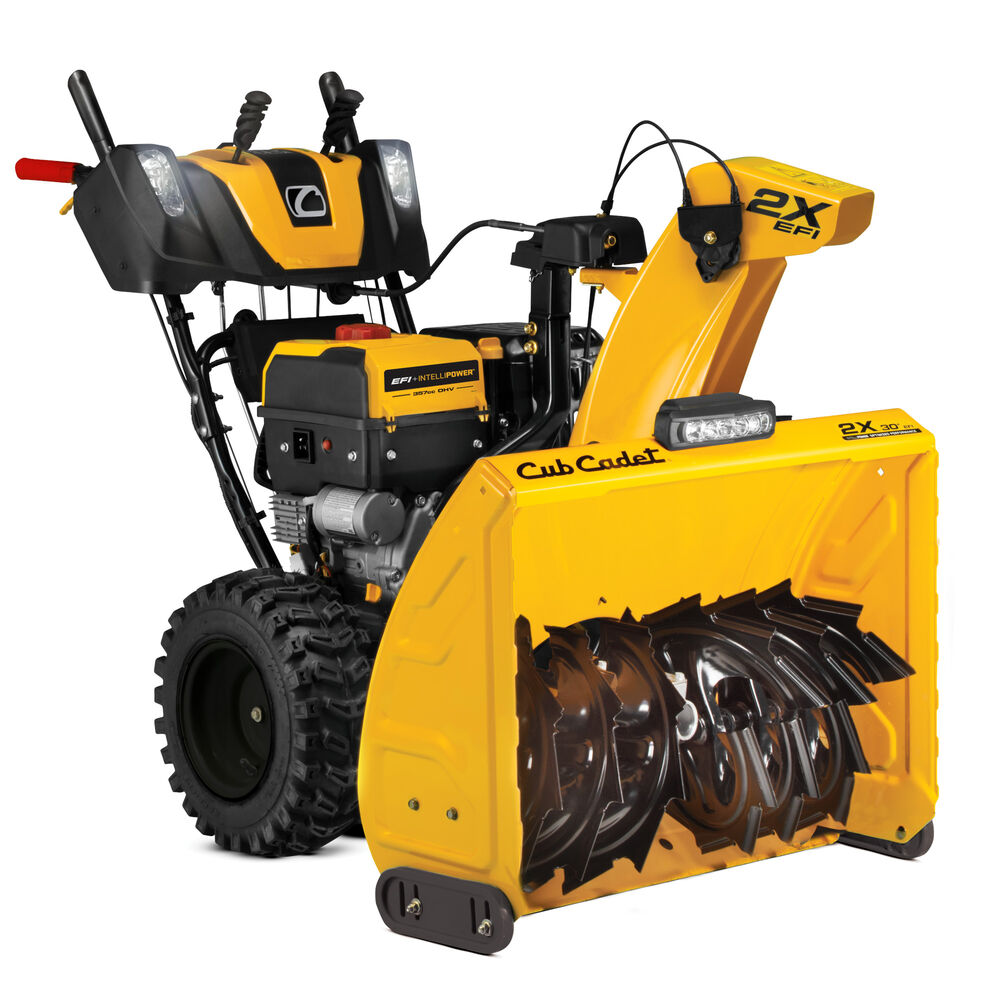
When you’re investing in an expensive piece of equipment, you want it to last, which means picking something with sturdy, reliable parts. Cub Cadet’s IntelliPOWER EFI features a heavy-duty steel auger housing, electronic fuel injection for consistently easier starts, Xtrac tires, and a 30-inch clearing width. On top of this, it has heated hand grips, great maneuverability, power steering, and self-propelled drive, meaning it’s also a joy to use.
A rugged, reliable gas snow blower with a bunch of extra features to make clearing snow easy.

Since snow blowers are heavy (especially gas blowers, which can easily exceed 300 pounds), maneuverability is a big concern. Ariens’ Deluxe model is on the more expensive side, but it’s worth the investment if you have the cash to spare, being self-propelled, powerful, and with auto-steering so even though it weighs 250 pounds, it never feels even close to that.
A highly maneuverable, powerful gas snow blower that’s worth the investment.
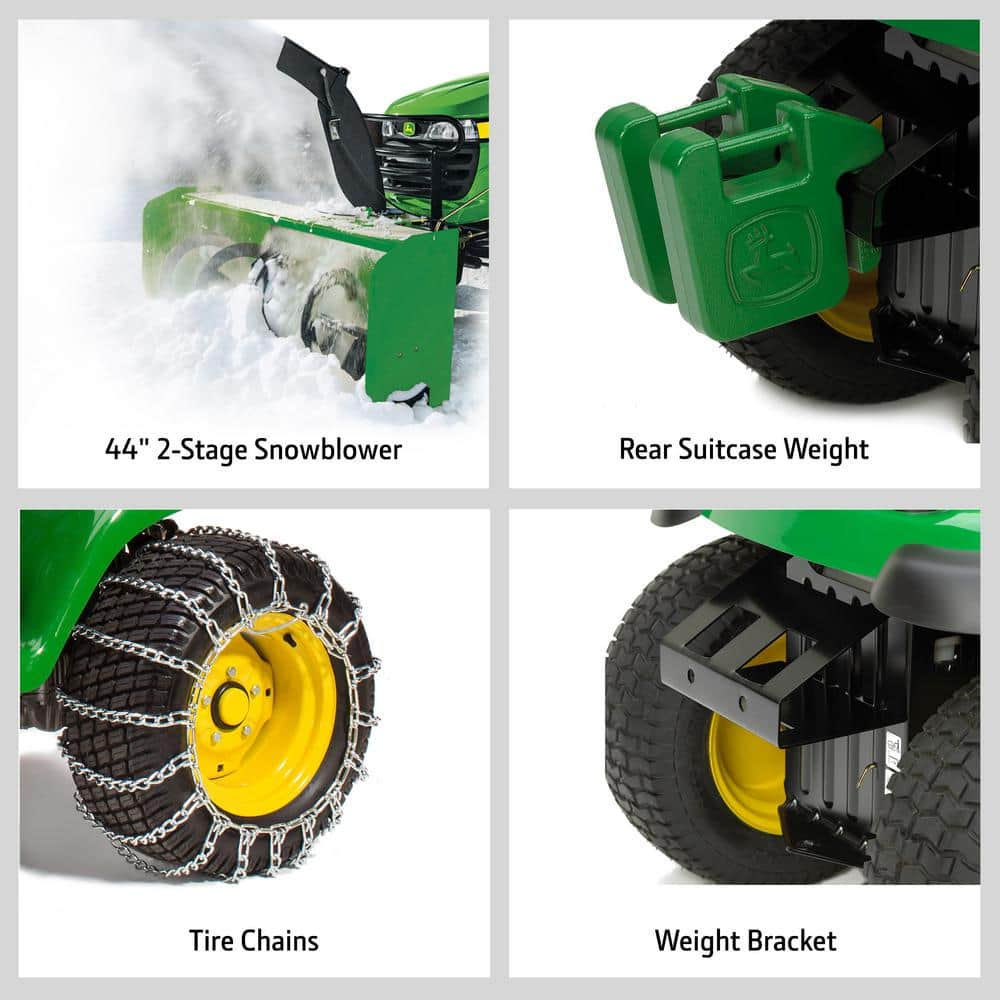
If you’re looking to splurge, let’s talk about going big—like, really big. This John Deere model isn’t a standalone blower, but rather a two-stage blower attachment for fixing to the front of a 100 Series tractor, basically, a ride-on mower. Although beyond overkill for the average driveway, those needing to clear a lot of land might want to give it some serious thought. The good news is, it also comes with a set of snow chains for your tractor (the bad news is, it doesn’t include the tractor).
A sensible option for anyone with a lot of ground to cover, especially if you already have the tractor part covered.
For light snow falls—say, less than a foot—that battery-powered snow blower I mentioned was more than up to the job, handily clearing the driveway in minutes. But if you’re living somewhere that regularly dumps several feet of snow, or have a particularly large area to clear, you’re going to need something more powerful.
Electric snow blowers are fine for smaller jobs, but if you’re dealing with deep drifts, a more powerful gas blower is better suited for the task.
Most of us get our first snow blower to save our backs, but if the blower you buy is so heavy you injure yourself using it, that obviously defeats the purpose. Aim for that sweet spot where it gets the job done, while still being easily maneuverable.
This is down to personal choice, but many snow blowers come with bells and whistles that might make them more or less appropriate for your needs. “Think about what you need from your snow blower—features like power steering, electric start, headlights, or heated hand grips,” advises Ronit McGuthrie, Vice President of Walk Behind Product Management at Stanley Black & Decker.
There are three types of snow blowers: Single-stage, two-stage, and three-stage. “The various stages of snow blowers signify the steps a snow blower goes through to clear the snow. The more stages, or steps, a machine has, the more powerful and efficient it will be to clear more snow in less time,” says McGuthrie. “Single-stage snow blowers are ideal for up to six inches of snowfall, while two-stage snow blowers are great for up to 12 inches of snowfall and three-stage snow blowers can handle up to 18 inches of snowfall.”
As well as consulting with experts, I also relied on personal experience, as well as diligent research to ensure everything on my list is well reviewed, either professionally or by customers (ideally both), particularly with regard to power, effectiveness, ease of use, and durability.
“Typically, the best time to buy a snow blower is before the winter season starts, often in late summer or early fall,” says Jeff Palla, President of Mr. Handyman. “Professionals recommend planning ahead to ensure availability and sometimes catch early-season deals.”
“Prices vary, but a decent snow blower can range from $300 to $1,500, depending on features and power,” says Palla.
McGuthrie suggests carefully assessing your space and needs to be sure you’re not spending too much. “Many manufacturers have tools on their website to offer recommendations on what size of unit is appropriate given your average snowfall and area to be cleared,” she says. “These tools can help get you into the ballpark of what capability you probably need. From there you can decide if it’s worth it to you to be able to overcome that hundred-year snowfall with ease, or if saving a few bucks and spending more time clearing after a particularly heavy snowfall is just fine for your needs.”
McGuthrie advises taking the following steps:
Read the offseason storage section of your unit’s owner’s manual, then check the unit’s maintenance items to see if they need to be replaced.
Carefully check your unit’s parts, such as the auger’s rubber paddles or belts, to see if anything needs to be replaced or repaired. If anything does need replacing, order those parts immediately and install them before storing your unit for the winter.
If your unit has a four-cycle engine, drain the engine’s oil. Next, remove the spark plug and inspect it, cleaning it with a wire brush if necessary. Then, reinstall it unless a replacement is needed. Clean debris from around the engine and muffler, wiping away any dried salt that may have accumulated over winter to prevent rusting.
Finally, add fuel stabilizer to your fuel and fill the unit’s tank. Run the engine for five minutes so that the stabilized fuel is circulated through to the carburetor—this is better than storing the unit empty. While in storage, keep the engine level to avoid a fuel or oil leak. It’s also best practice to cover your snow blower during the offseason to protect it from dust, dirt, and rodents.
“It’s not necessarily about what’s better, but what fits your specific needs,” says McGuthrie. “Single-stage snow blowers are ideal for smaller jobs like walkways and short driveways, and they’re light, compact, and easy to handle. But if you get more snow, or have unpaved surfaces with inclines or a longer driveway, you’ll want to consider a 2-stage or 3-stage snow blower that will help clear larger volumes in larger areas.”
The information presented here is created by TIME Stamped and overseen by TIME editorial staff. To learn more, see our About Us page.
